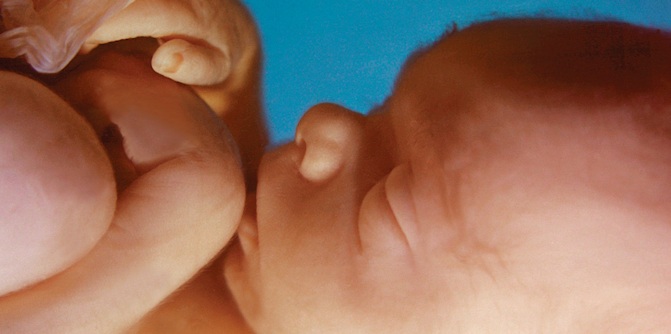Today, four days after the Supreme Court of the United States overturned Roe v. Wade, a Harris County judge granted a temporary restraining order blocking some government officials from enforcing its pre-Roe abortion bans against several abortion clinics. However, an abortionist who commits an abortion in Texas today could be prosecuted for homicide according to a different Texas law not currently contested in court (Chapter 19 of the Texas Penal Code).
The abortion facilities asked the judge to prevent the enforcement of Texas’ pre-Roe abortion bans against these specific abortion providers. These laws, which were never repealed, regained effect after the Supreme Court ruling in Dobbs v. Jackson Women’s Health Organization. The liberal judge agreed with the plaintiffs that the pre-Roe statutes were “repealed by implication” and can’t be enforced against the plaintiffs. However, as the Texas Heartbeat Act made explicit, the Texas Legislature has not repealed—implicitly or otherwise—any of its pre-Roe restrictions on abortion.
The temporary restraining order from this morning only narrowly blocks one avenue of legally stopping elective abortions in Texas. Thus, despite the best efforts of the abortion industry, Texas can still prosecute abortionists for murder under Texas law, specifically under Chapter 19 of the Texas Penal Code. This chapter prohibits homicide, stating that it “does not apply to the death of an unborn child if the conduct charged is… a lawful medical procedure…”
Please follow LifeNews.com on Gab for the latest pro-life news and info, free from social media censorship.
Texas Right to Life attorney Emily Cook added:
“Although some government officials are temporarily blocked from enforcing the pre-Roe statutes against certain abortion facilities, the law is still valid and abortion is no longer a ‘lawful medical procedure.’ This means that abortion is considered homicide under the Texas Penal Code and can be prosecuted as such.”
The temporary restraining order merely stops some government officials from bringing charges against these specific plaintiffs using the pre-Roe statutes. Prosecutors can still use the current homicide statutes in the Penal Code to bring charges against these abortion facilities. Moreover, the Texas Heartbeat Act and its civil enforcement mechanism is still in effect and saving the lives of preborn children with detectable heartbeats. Finally, the Trigger Ban will become active and begin banning abortion in Texas 30 days after the judgement in Dobbs is formally entered.
Abortionists’ attempt to continue their evil and deadly business is despicable, and the abortion industry should be held fully accountable for their lawlessness. We expect that our laws will be fully enforced, saving thousands of preborn lives.








